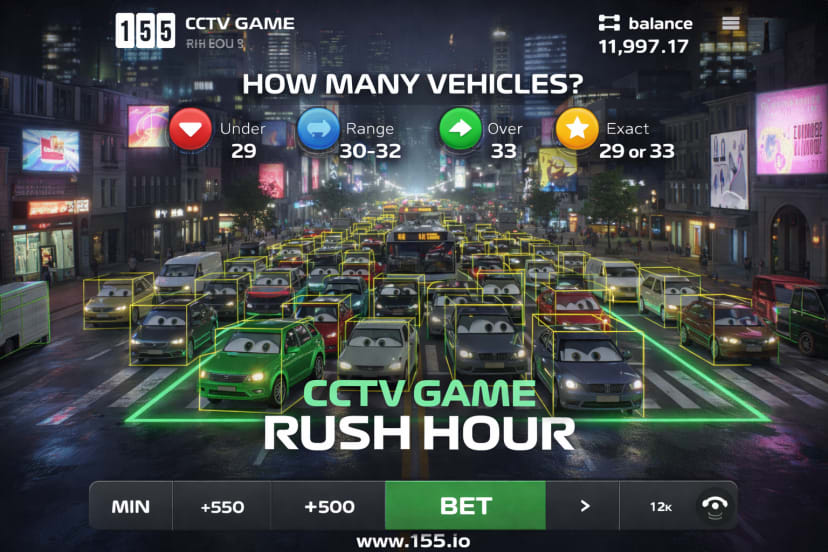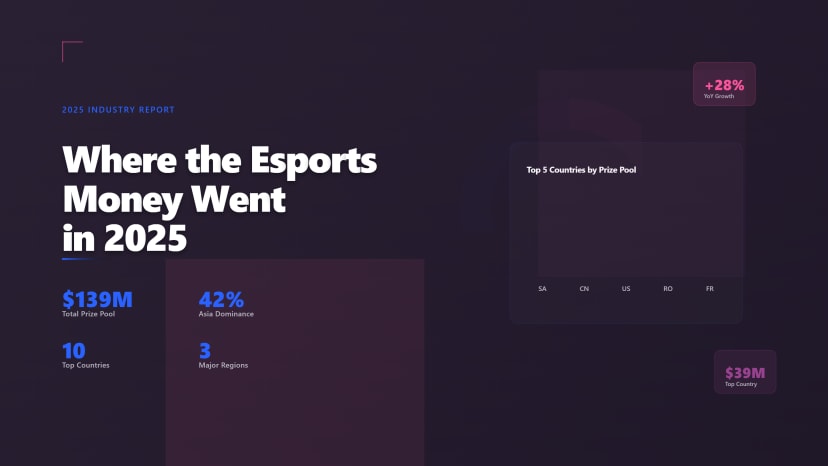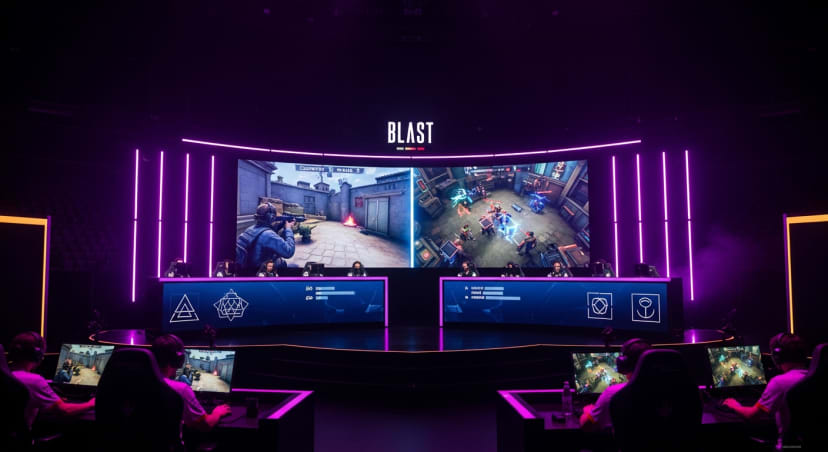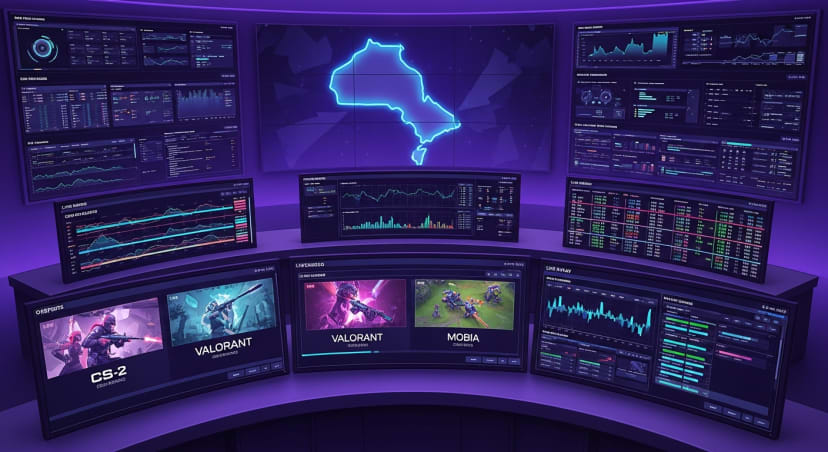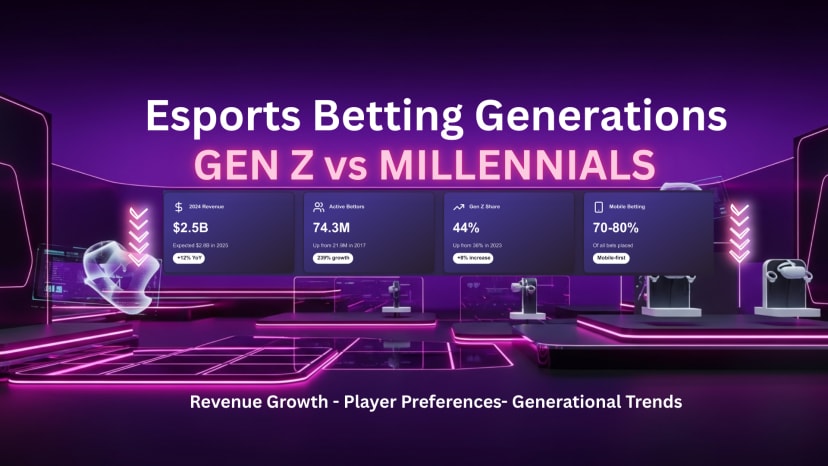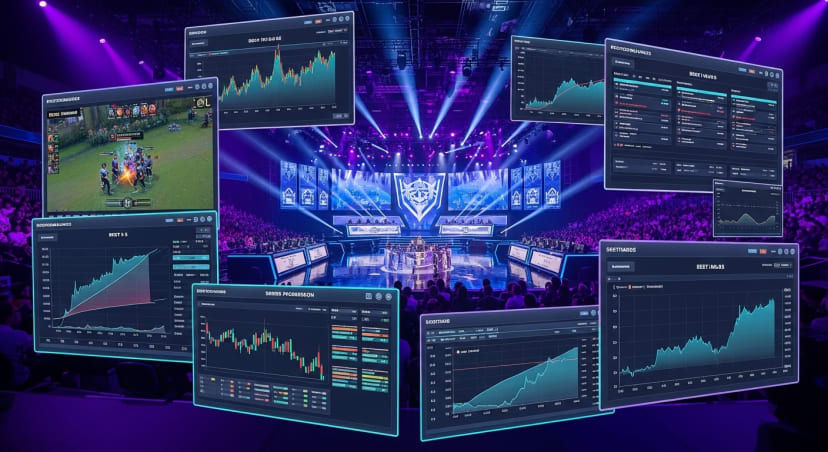eSports BettingLiam Fletcher

Liam Fletcher
Writer
Raised in the adrenaline-filled landscapes of Queenstown, Liam's penchant for thrill naturally transitioned from outdoor adventures to virtual arenas. An avid gamer since childhood, he later channeled this passion into journalism, uniquely intertwining his gaming experiences with storytelling. His ethos? "Every game, every strategy, every player has a tale worth telling."
